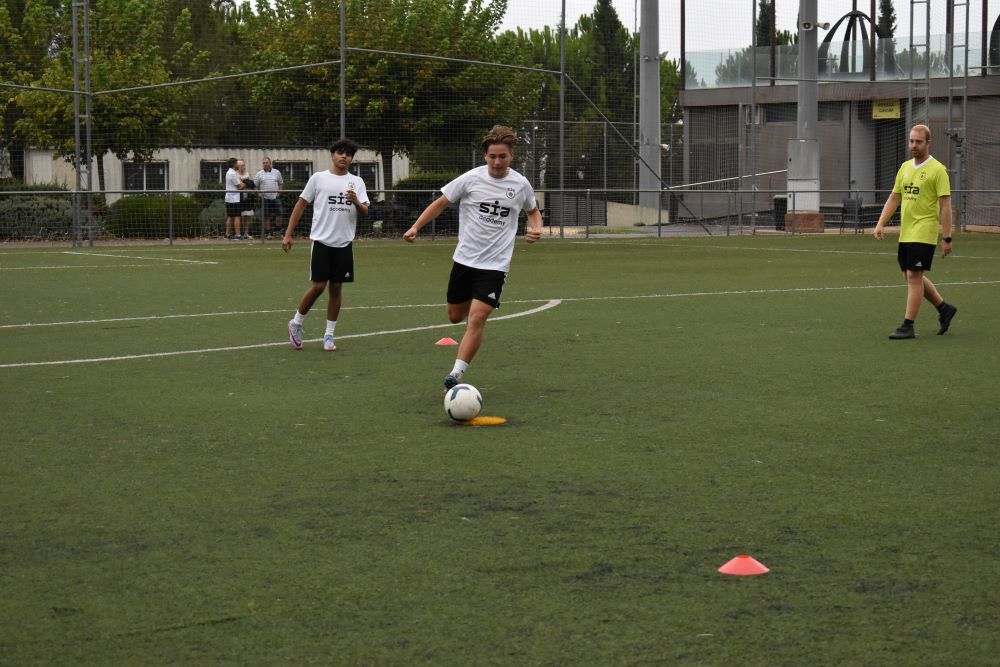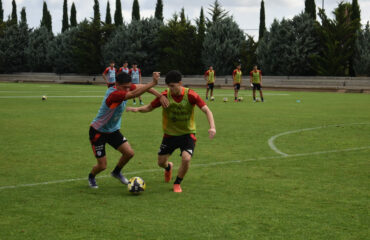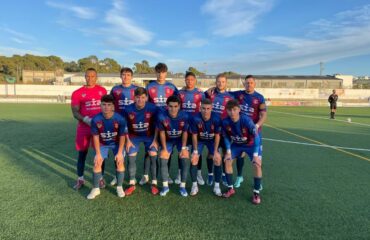The Importance of the Recovery Period in Physical Training: Optimising Performance and Health

The recovery period in physical training is a crucial component to the success and long-term sustainability of any fitness programme.
This period refers to the time allotted between intense exercise sessions or specifically between training sets. This phase is often overlooked, but plays an essential role in body adaptation, injury prevention and performance enhancement.
Recovery period: Vital in physical training
Here are the fundamental reasons why the recovery period is vital in physical training:
1. Tissue Repair and Adaptation:
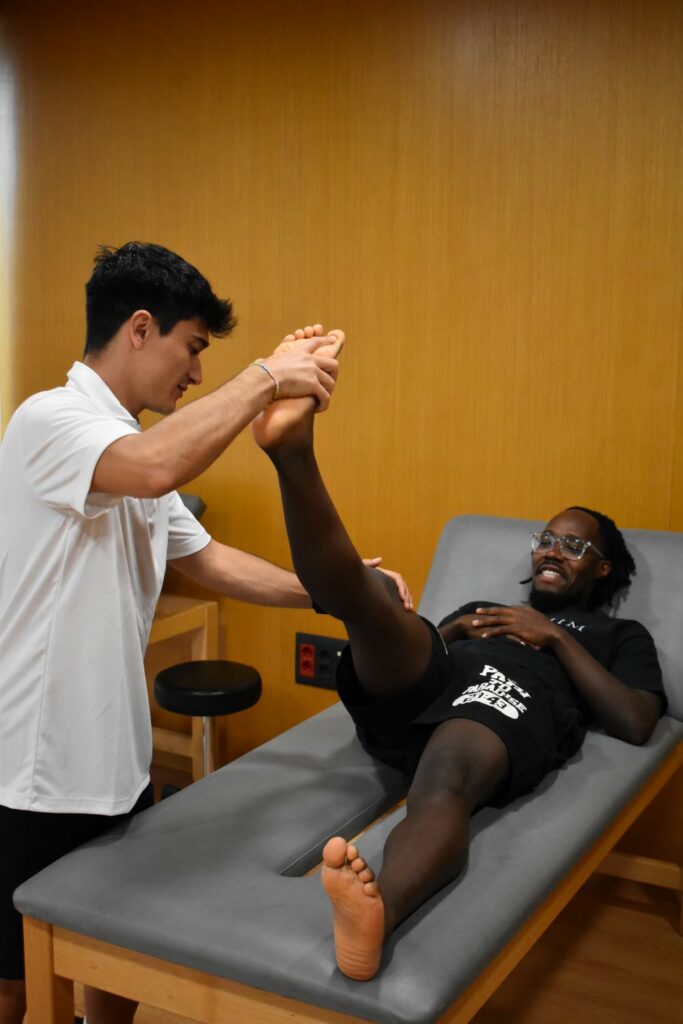
During exercise, muscles, ligaments and tendons experience micro-injuries that are a natural part of the strengthening and growth process. The recovery period provides the body with the time necessary to repair and strengthen these tissues to be able to tolerate a similar load that these structures have been exposed to during training.
Failure to perform this phase can lead to an increased risk of injury and less effective progress in terms of strength and endurance both during the session and afterwards, because if you are not able to perform these stimuli during training, your body will not have received sufficient stimulus to create supercompensation.
2. Supercompensation:
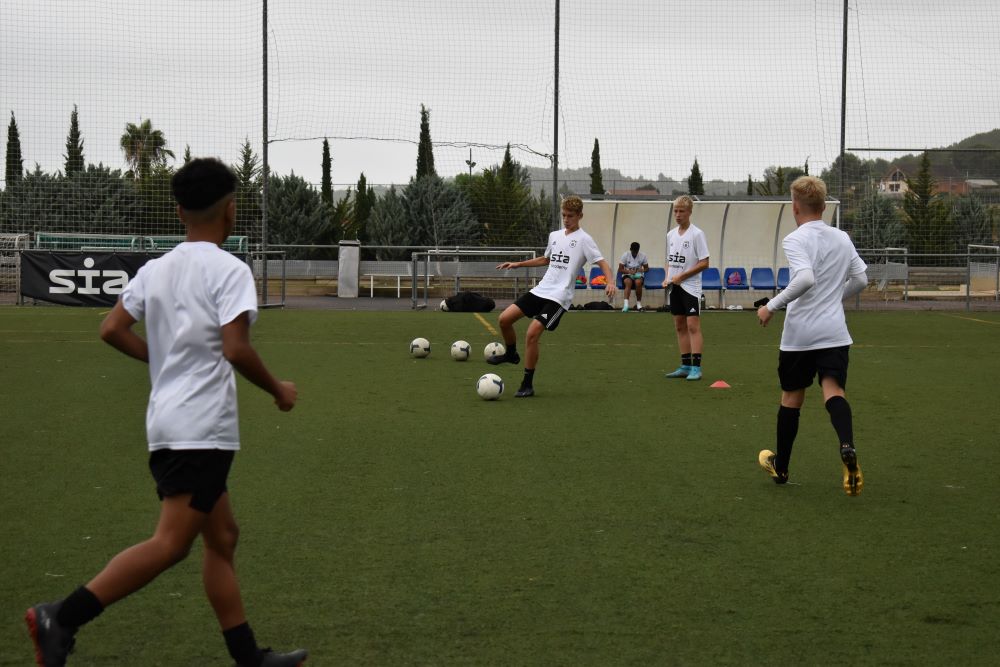
The recovery period allows the body to reach a state of supercompensation. After a training stimulus, the body responds by adapting and overcoming its original state in order to be better prepared for future physical challenges (training sessions or matches).
Without adequate recovery time, this process is compromised, which can lead to a plateau in performance and physical capacity or even a plummeting of performance and physical capacity.
3. Preventing Overtraining:
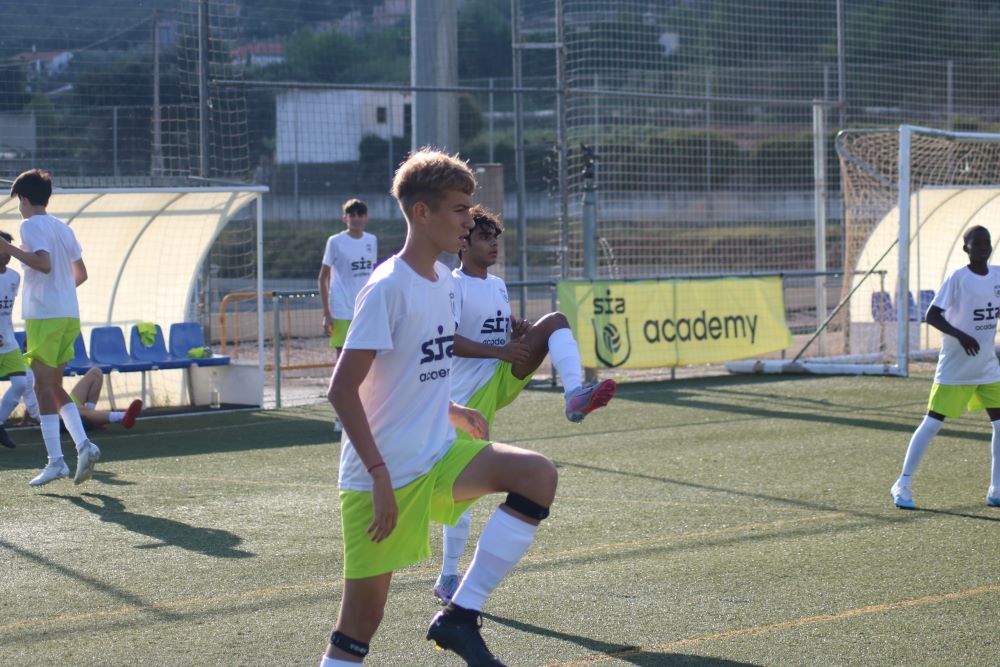
Overtraining is a state in which the body does not receive sufficient recovery time between intense exercise sessions. This can result in chronic fatigue, decreased performance, injury and health problems.
Establishing and adhering to proper recovery periods is essential to prevent overtraining and maintain steady and sustainable progress in training.
4. Reduced Risk of Injury:
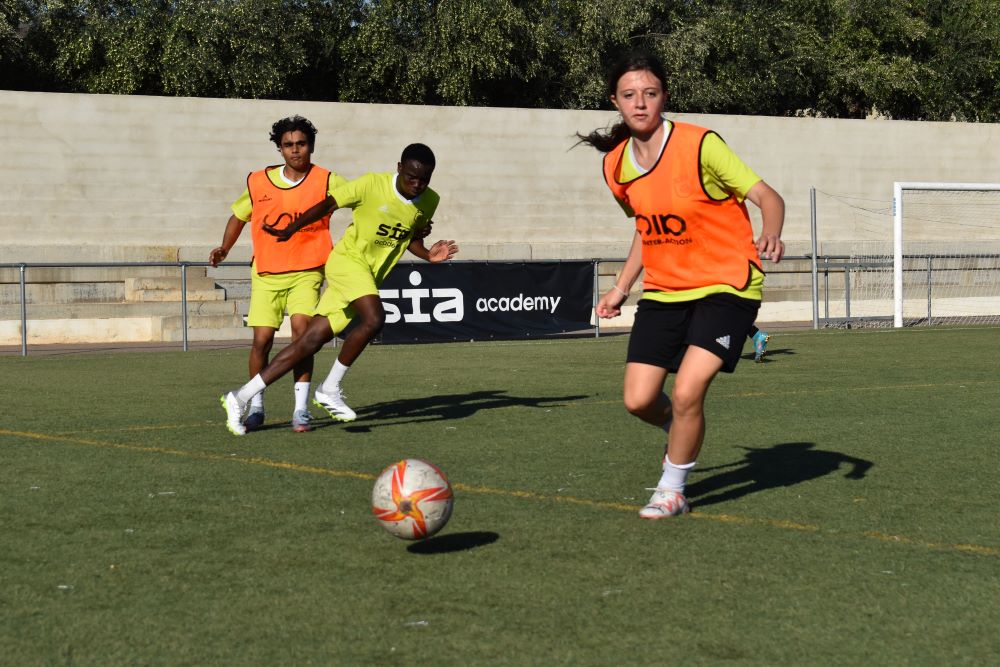
The recovery period allows muscle, tendon and joint tissues to heal and strengthen. Ignoring this phase can lead to a build-up of stress on the tissues, which increases the risk of injury.
This is especially important for athletes and people who participate in high-impact sports or physical activities such as football.
5. Maintaining Motivation and Commitment:
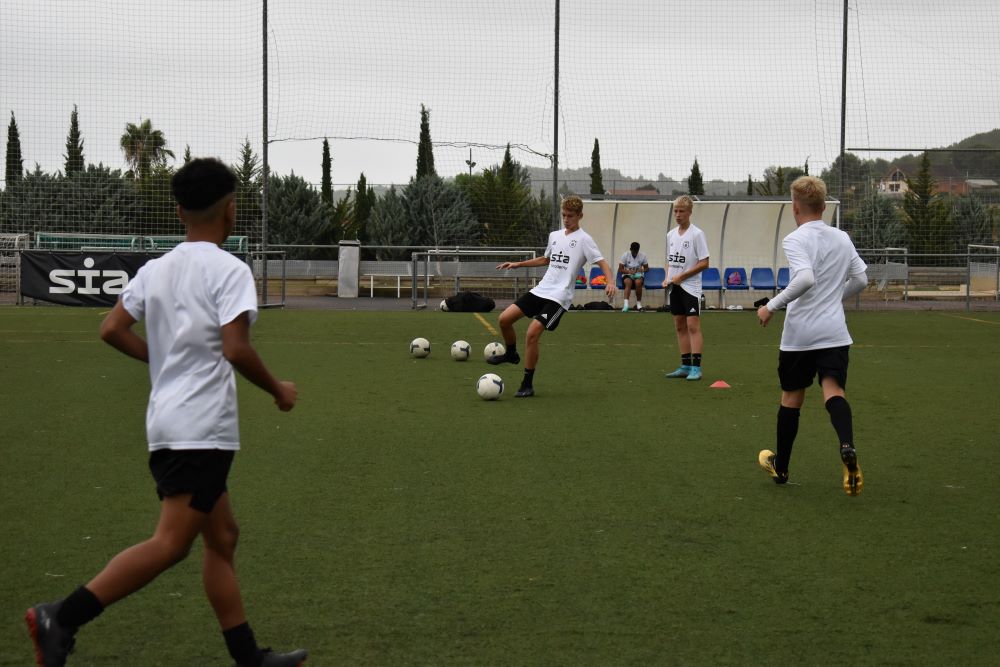
The recovery period also plays an important role in the psychological aspect of training. It provides a time to rest, recover mentally and renew motivation.
Training constantly without sufficient recovery can lead to mental fatigue and decreased interest in the sport. Example:
Imagine an elite footballer who is in the middle of a season. During an important match, he suffers an injury to his quadriceps muscle. The injury is serious and requires an estimated recovery period of six weeks according to the medical team’s diagnosis.
It is crucial that the player respects this six-week recovery period. If he decides to return to the field prematurely, there is a high risk of relapse or developing a chronic quadriceps injury. This would not only affect your ability to play in the short term, but could also have serious consequences for your long-term career.
Furthermore, by following the recovery plan, the player would allow his body to optimally regenerate and strengthen the damaged muscle. This would not only facilitate his return to the game, but would also do so in a physical condition that minimises the risk of future injuries.
On the other hand, if the player decides to rush his recovery and return to the field early, it is likely that his body will not be fully prepared for the stress and demands of high-level play. This could lead to an increased load on other areas of the body and ultimately increase the risk of secondary injuries.
In summary, for an elite footballer, adhering to recovery timelines is crucial to ensure a full and safe recovery from injury. Ignoring these timelines can have serious consequences in terms of performance and longevity in a player’s sporting career. Patience and commitment to the recovery process are essential to ensure an effective and sustainable return to the field of play.
To sum it all up, the recovery period is essential to maximise the benefits of physical training, prevent injury and maintain steady progress in performance. Ignoring this phase can result in stagnation in performance, injury and long-term health problems. Prioritising recovery is a fundamental strategy for anyone looking to achieve their fitness goals safely and effectively.



